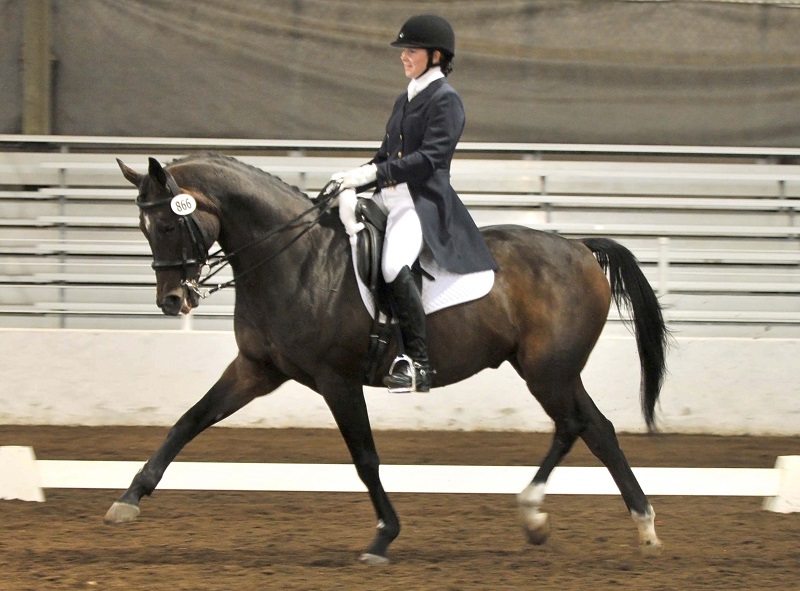Healthy aging horses choosing a career switch over retirement
A study posted in the September volume of the journal Preventing Chronic Disease finds that working in one’s 60s and 70s is associated with better physical and mental health. Keeping active and remaining socially engaged has also proven to lead to a longer, healthier life. And it’s no different for senior horses.
“However they start out, a growing number of horses today remain healthy, sound and athletically capable as they grow old. And many, even at advanced ages, are happy and productive in entirely new lines of work,” says Dee McVicker in a recent Equus Magazine article.
McVicker puts it well. A growing number of horses “are aging well, and as a result are able to change jobs rather than retire as the years pass.”
Because William Woods University horses are donated, many are older, and many have lived lives long before they’ve entered their Fulton home. Working and showing with students has been a career switch for some — an alternative to retiring.
“We are on the forefront of maintaining ‘senior’ horses,” says Karen Pautz, William Woods University Assistant Professor, “Since most of our school horses are older, we’ve learned so many practical ways to keep them happy and healthy.”
“Our older schoolmasters bring experience — and often wisdom — which is so valuable to our students’ equestrian education. The skills the students develop with the experienced horses can then be transferred to young or challenging horses.”
“In addition, the horses seem to like it. They have regular, consistent training under expert supervision in excellent footing, but might not have to work as intensely as they did during their earlier careers. They stay sound and happy while introducing the subtleties of advanced work to a new generation of riders,” Pautz said.
William Woods University Equestrian students are in a unique position to work with older horses as they change careers — caring for their health, receiving attention every day, and remaining active long into their years.
Last March, the Look into Equestrian Studies blog wrote about Horse Gerontology and the many advances happening in keeping an aging horse healthy. Other things to take into consideration when a horse is taking a career change includes finding a new career match that takes into account temperament, training and experience, as well as exposure to different environments.
Every undergraduate equestrian major at William Woods University includes hands-on work with horses of every age. Bachelor of Science in Equine Administration students take courses like EQA 305 – Techniques of Facility Management and various Horse Management courses where students learn to take into consideration factors such as the ages of a facility’s horses, costs associated and keeping aging horses healthy and active for longer, happier lives.


